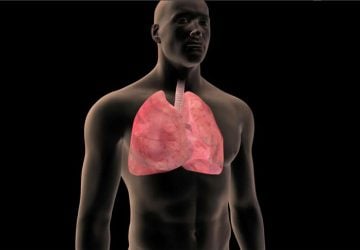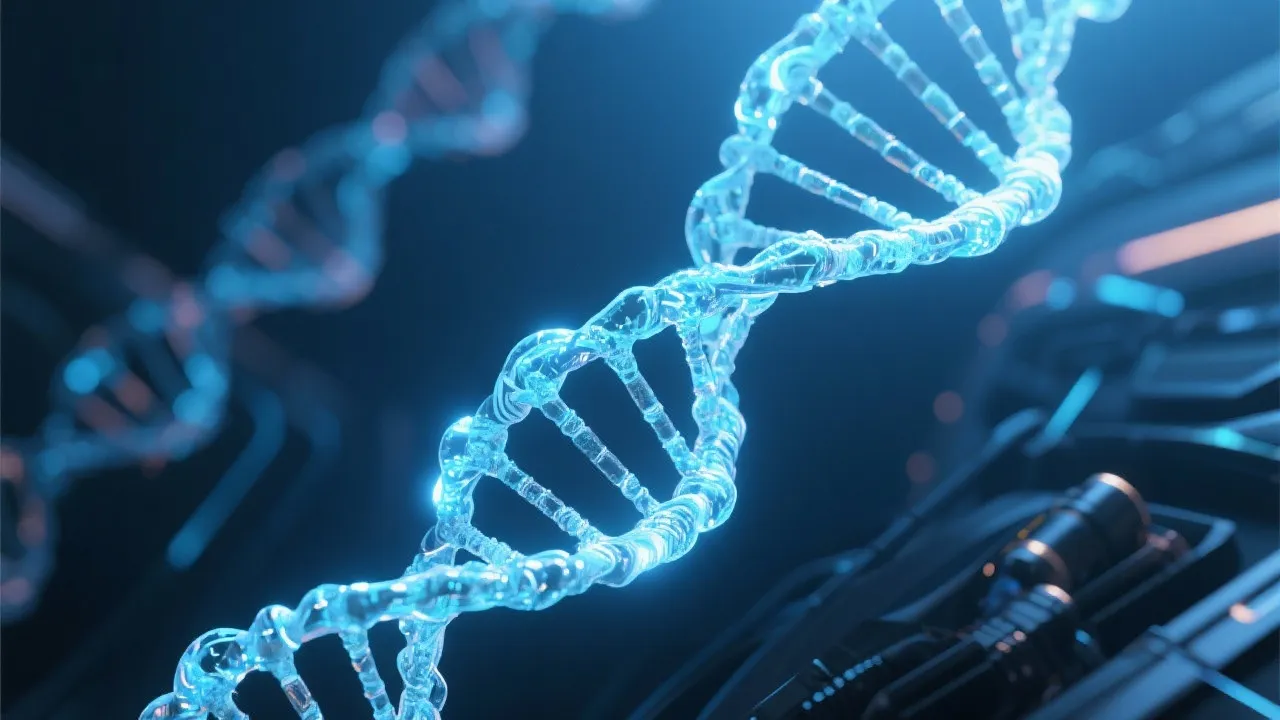Finding Your Way through the Emotional Journey After Lung Cancer
Facing lung cancer involves more than physical treatment; it's deeply connected to a wide range of feelings. Emotions play a critical role from the initial diagnosis through to the recovery period, and learning to cope with these feelings is crucial for one's overall health and healing.

Addressing the Emotional Spectrum of Lung Cancer:
Grasping the breadth of one's emotional responses to a severe health crisis such as lung cancer is indispensable. An individual might experience a roller coaster of emotions, including disbelief, frustration, rejection, optimism, and thankfulness. It's expected for one's emotional state to shift as they progress through different stages of the illness. Skills to handle these feelings can have a substantial impact on life quality and healing.
The Importance of Acceptance in Healing:
Welcoming one's condition is fundamental. Initially, it's common to wonder "Why me?" or to harbor resentment. However, prolonging such emotions can be obstructive. True acceptance involves acknowledging the painful truth and seeking strategies to manage and flourish, not surrendering to the situation.
The Role of Communication in Emotional Health:
Suppressing emotions or feigning strength may appear easier, yet it's harmful over time. Transparent interaction with close ones, expressing worries, and sharing aspirations can serve as a form of emotional release. Even without solutions, the simple act of articulating emotions can alleviate stress.
The Value of Professional Psychological Support:
In the realm of psycho-oncology, professionals offer tailored care to cancer patients, helping them navigate the emotional challenges through various coping strategies and therapeutic conversations. They provide a supportive environment to address the complex emotional experiences associated with cancer.
Cultivating Inner Peace Through Personal Activities:
Personal activities that forge serenity are incredibly supportive. Whether it's engaging in mindfulness, practicing yoga, or enjoying nature, these pursuits can stabilize one's emotional state amid the chaos of dealing with cancer.
Establishing a Strong Support Network:
Creating a robust circle of support is key to emotional health. Connecting with empathetic friends, family, or cancer support groups can make the experience feel less solitary. Support groups, especially, deliver unique benefits by offering collective wisdom and actionable advice.
Navigating the emotional terrain post-lung cancer diagnosis is intricate, filled with fluctuations. It's crucial to embrace the full spectrum of emotions and to actively seek mental health support when needed. With appropriate resources, a supportive network, and a positive outlook, individuals can face the challenges ahead and come through stronger and more resilient.










